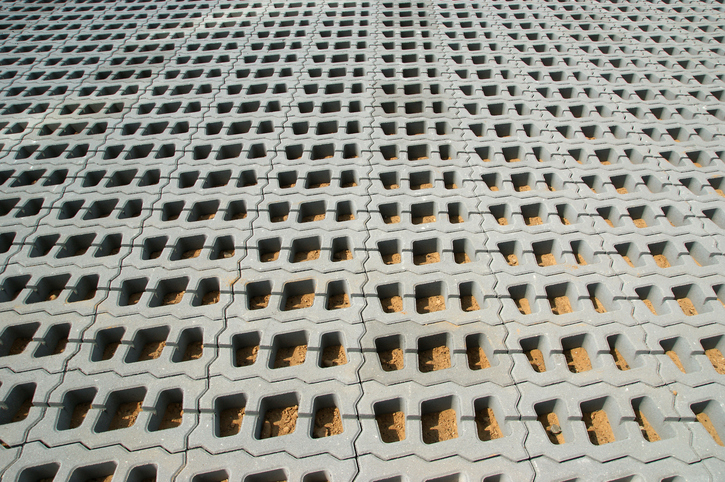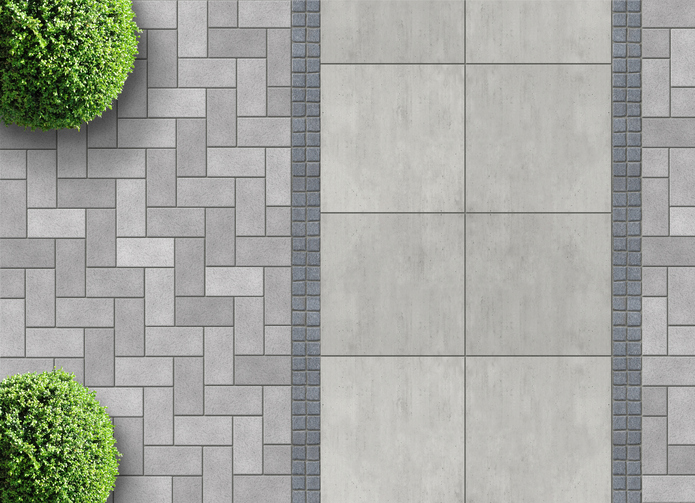Because of recent technological advances in paving materials, there is a wide variety of eco-friendly options available to homeowners. Whether it’s permeable asphalt and concrete or plastic pavers, there are plenty of sustainable and attractive paving materials you can choose from. Here are some of the options you could consider.

1. Permeable Asphalt
Also called blacktop, asphalt remains the world’s most popular paving material for a reason – it’s cheap, easy to make, and easy to use. It’s also very resistant to stains. As a result, you’ll find this paving surface everywhere you look, from the freeway to your driveway.
But for all its merits, it also has its downsides. For one, it has a tendency to crack, requires constant maintenance, and melts in hot temperatures. Also, its impermeable surface tends to collect rainwater, later directing it to the drains beside the road. These, in turn, carry dissolved pollutants and sediments to the nearest stream.
To avoid these downsides, use porous asphalt instead. Porous asphalt allows water to filter through to the soil, while reducing runoff, erosion, and pollution. However, it does cost more than its impermeable cousin, so you’ll have to take this into consideration.

2. Permeable Concrete
Concrete is the second-most popular paving material after asphalt. But unlike asphalt, it requires less maintenance, lasts up to 3 decades longer, and never melts. Better still, it’s just as easy to mix and use.
Unfortunately, concrete stains easily, deteriorates in salty coastal climates, and costs more. And like asphalt, it also has an impermeable surface, leading to the same erosion and pollution problems. Fortunately, though, concrete also has a permeable variety.
It, too, has pores to let water and air through, giving it a muffin-like look. And it’s particularly effective when used in concrete paving blocks. Remember, a block surface already has joints which increase its permeability even further.

3. Decomposed Granite
Because it occurs naturally, sustainable decomposed granite is one of the most eco-friendly materials you can find. This relatively new paving material naturally forms itself when the sun, wind, and rain erode igneous rocks over time. The erosive action, then, makes the previously tough granite easier to crush with machinery.
That, however, doesn’t make the material less strong, durable, or hard. In fact, compared to marble, decomposed granite comes out on top in this respect. And when compared to regular gravel, the material compacts better. And it comes in many colors as well. As you’d expect, these properties have made it an immensely popular paving material.
4. Plastic Grid Pavers
The final material on this list is one most wouldn’t consider a paving material – plastic. But contrary to what most may believe, plastic grids are not only a great eco-friendly option, but they’re also stronger than you think. As a matter of fact, plastic grid pavers can handle as much load as a concrete pavement.
Even more surprisingly, plastic grid pavers are hollow, which allows them to let water through like permeable concrete and asphalt does. In addition, you need no heavy machinery to install them since they can be installed entirely by hand. They also require minimal maintenance throughout their 20-year lifespan.
Finding an environmentally-friendly paving option doesn’t have to be difficult. All you need is to find an option that fits your budget, needs and aesthetic requirements.




